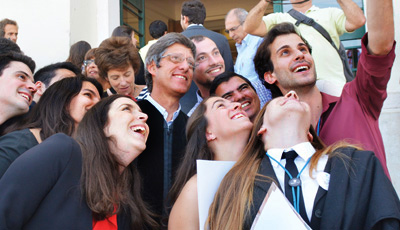
History
1911
Instituto Superior Técnico is founded – Alfredo Bensaude is named Director
Instituto Superior Técnico was created in 1911 following the division of Lisbon Industrial and Commercial Institute. The first director was engineer Alfredo Bensaude, who promoted a profound renewal in engineering teaching methods by creating the first engineer courses: Mining, Civil, Mechanical, Electrical and Chemical-Industrial.
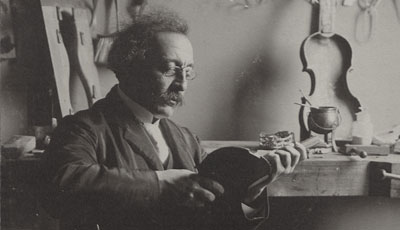
1927
Construction of Alameda campus
From 1927 to 1932, engineer Duarte Pacheco is named director and Instituto Superior Técnico becomes part of Universidade Técnica de Lisboa.
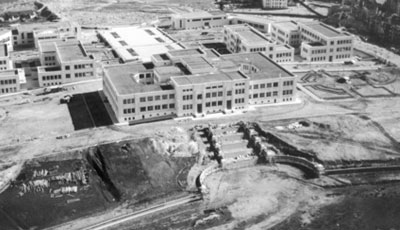
1952
Study and Research Centres
Twelve study centres are established in Portugal between 1952 and 1972, and three of them are based at Técnico, in the fields of Chemistry, Geology and Mineralogy, and Electronics.
These centres provide training and scientific qualification for Técnico faculty, namely through doctoral degrees carried out in universities and research centres abroad.

1970
Increase in students’ enrolment
In 1970 the minimum period of study for the BSc degree decreased from 6 to 5 years, which lead to a significant increase of students enrolled at Técnico. Scientific research also shows a major increase through the creation of Interdisciplinary Complex building that gathers different autonomous research units.
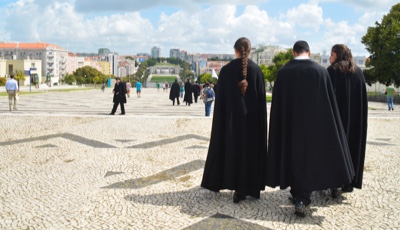
1990
New engineering courses
In the 90’s new engineering courses are created at IST, and new Master and PhD degrees are established.

2001
Beginning of activities at Taguspark campus
Técnico inaugurates a new campus in Oeiras, located at Taguspark, a science and technology park, aiming to explore and develop synergies between school and industry.
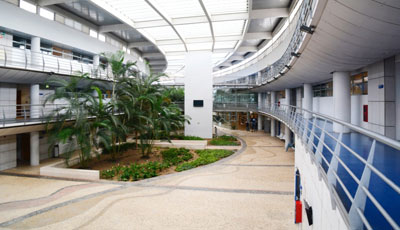
2006
Bologna Process implementation
In 2006-2007 academic year, the courses definitely adjust to Bologna Process, aiming to make Europe the most competitive and dynamic knowledge-based economy in the world by 2010.
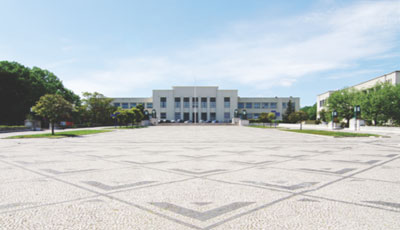
Present Day
A national and international reference
Today Técnico offers more than 20 joint Master programmes (Dual Degree) and participates in joint PhD programmes with MIT, CMU, UT-Austin and EPFL.
